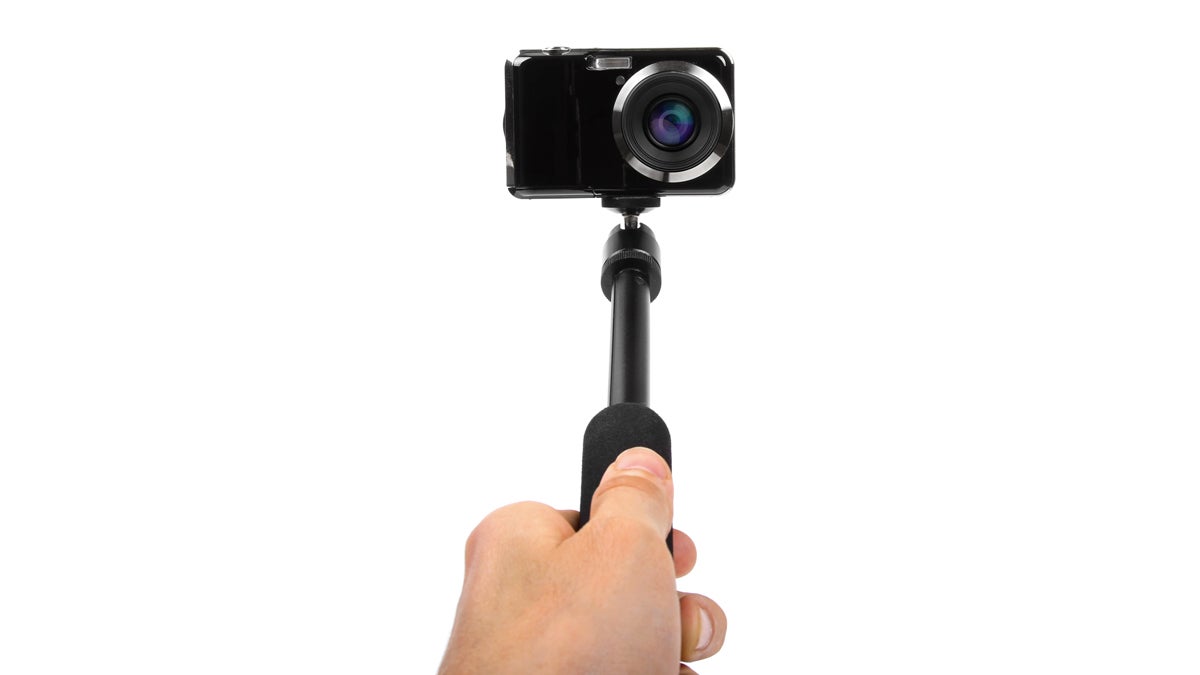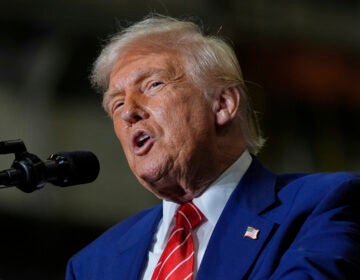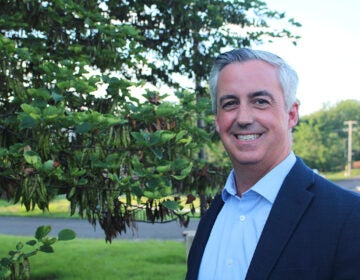Are we stealing our own souls, one selfie at a time?
Listen
The Selfie Stick is perhaps the perfect illustration of society's growing compulsion to post. (Shutterstock photo)
I hate, hate, hate having my picture taken.
I always try to skulk away when someone is organizing the group shot. I have never taken a selfie. My kids joke that when I’m gone they won’t be able to remember what I looked like, since there will be no evidence.
So, take the following rant with the appropriate beaker of salt.
Though I cling to a pretense of control over when my image is captured, I’m not dumb. I get that everywhere we go in daily life, cameras record our actions.
Two recent news items captured what’s useful and what’s distressing in this modern state of affairs.
A week ago, a young woman was snatched from a street in Philadelphia’s Germantown section. A video camera captured the crime. That visual evidence helped police to find the woman unharmed and arrest the abductor.
When street surveillance cameras can do that, it’s kind of hard to complain about their recording your innocent stroll along a city street.
The other news item came from Harvard. Some students and professors there are up in arms after learning that hidden cameras in lecture halls were snapping shots of classes as grist for a study of student attendance. Not even the profs teaching the classes knew about the cameras.
Maybe you’re rolling your eyes, saying academic elites should get over themselves. And, yes, it’s hypocritical for students who post 15 selfies a week on Instagram to complain. Still, isn’t it a little concerning that our sense of privacy is so diluted a famous university didn’t hesitate to spy on its own in this way?
No surprise, I’m not a Facebook fan. Its founder, Mark Zuckerberg, seems almost offended at the idea of personal privacy, as though it were an outdated affectation. Jeremy Rifkin, the futurist thinker, sounds similar notes in his new book ecstatically praising what he calls the Internet of Everything.
Fogeyhood has arrived for me, it seems. Sure, some part of our sense of privacy was always an illusion. And I happily acquiesce in parts of the no-privacy society, such as scanning UPC codes in the CVS self-service line, thereby letting the world’s retailers in on the gory details of my health.
But when Facebook tags me in a random photo of people walking down the street at a fair, I can’t elude the sense that, in our quest for digital convenience and connection, we’ve surrendered something precious.
WHYY is your source for fact-based, in-depth journalism and information. As a nonprofit organization, we rely on financial support from readers like you. Please give today.




